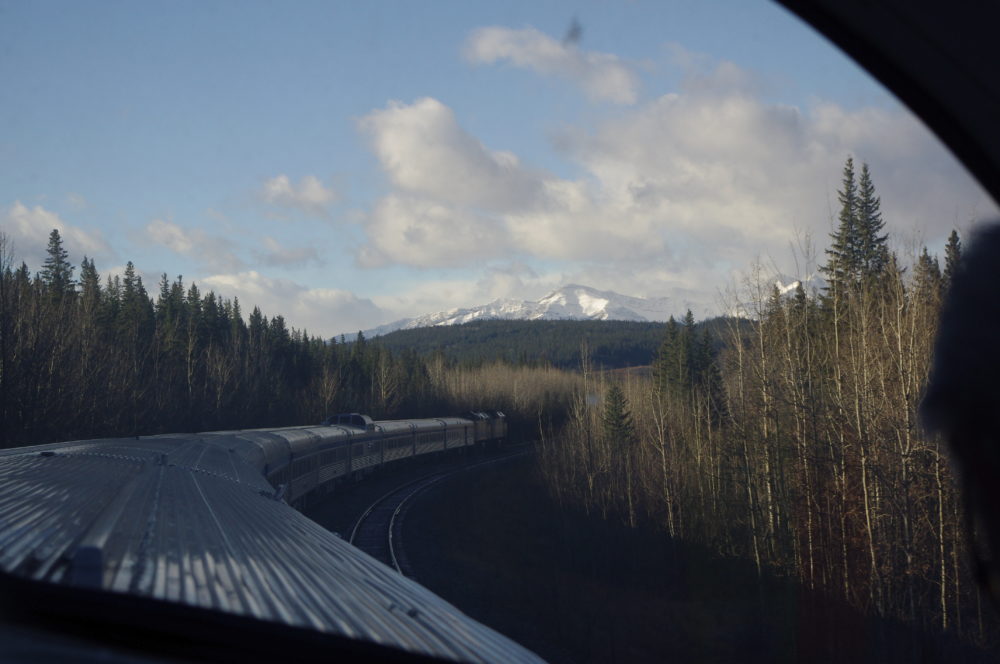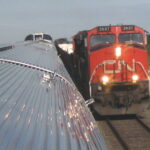Freight Gets Preference Over People.
Those of us working to improve and expand passenger rail in the U.S. complain about how the freight railroads have slowly reneged on the original agreement—that Amtrak would pay to run passenger trains over the freight railroads’ track and, in return, they would give preference to Amtrak trains.
That was then; this is now. And Amtrak’s on-time performance is not good and getting worse.
If on-time performance is a problem for Amtrak, I’ll bet that VIA Rail, Amtrak’s equivalent north of the border, would trade places in a heartbeat.

VIA trains run almost exclusively on track belonging to Canadian National Railway and when the CN dispatcher has a choice to make–Do I let the CN freight proceed or do I give the VIA train a green light–more often that not it’s the VIA train that sits and waits.
The fact is, as a practical matter, CN has the power to control VIA travel times, to dictate VIA schedules and to deny any liability for causing VIA delays.
Because of that one-sided arrangement with Canadian National, late trains are a serious problem all over the VIA system. But it’s VIA’s flagship train, The Canadian, which follows a spectacular route between Toronto and Vancouver, that’s been the most affected.
After running chronically late literally for years, VIA arbitrarily added almost an entire half-day to the Canadian’s schedule in an effort to provide passengers with a timetable that bore some resemblance to reality . . . and the reality sucks!
Recently, we had a good indication of how the Canadian government is going to deal with the issue of many hundreds of VIA passengers being inconvenienced virtually every day: Transport Minister Marc Garneau declined to be interviewed on the subject, but his spokesman said that VIA has the tools to resolve conflicts with CN so there’s no need for any new legislation.
At least we seem to have found one area where we’ve got a system that works better than theirs . . . if only marginally so.



VIA has some provisions in the Canadian Transportation Act it could use here. CN doesn’t have the infrastructure to keep it’s own trains running on-time, much less VIA trains, which take up four times the amount of track capacity (due to their higher speeds) as freight trains. CN also doesn’t have the money or stability to make the necessary investments, especially with their whole debacle over CPKCS. Really, the solution would be for the Government of Canada to make an omnibus deal with both CN and CP, agreeing to fund significant improvements to their lines, and ensuring that VIA will be able to reasonably increase the number of trains it runs, and run them on-time, and at affordable costs. Importantly, this should be done in the public eye under industry and public scrutiny, unlike VIA’s current Train Service Agreements, which are so damn secretive, there is not even consensus on when they were signed.
Indeed. Amtrak doesn’t have it easy, but Via Rail has is worse.